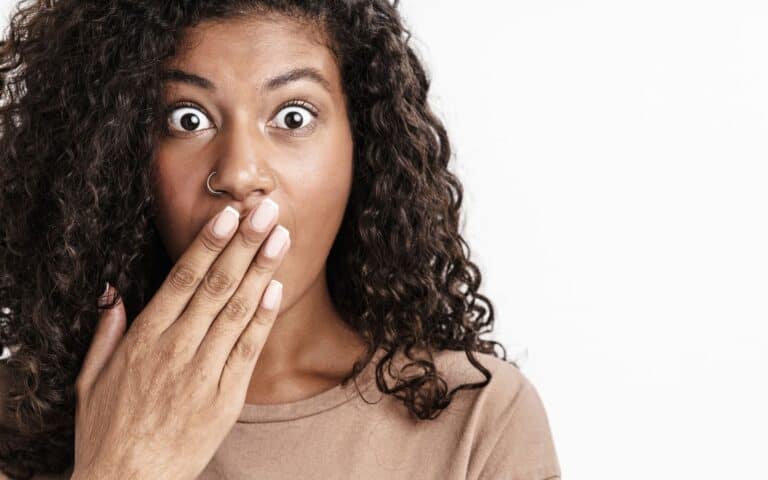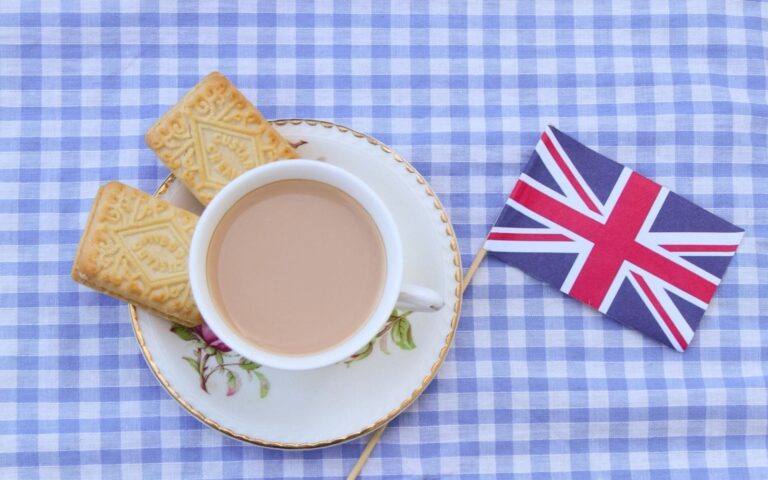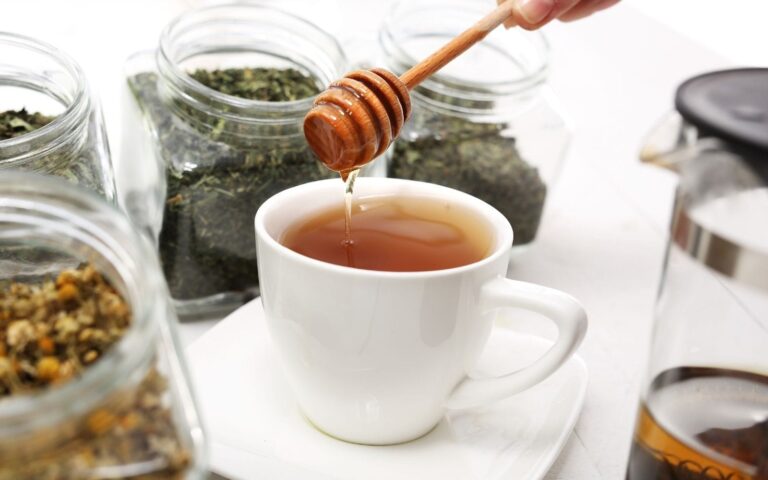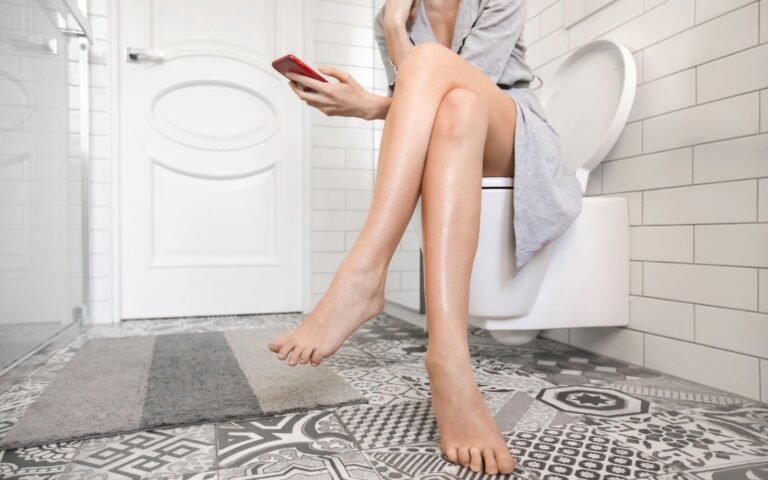Why Does Tea Make You Pee: Ultimate Guide
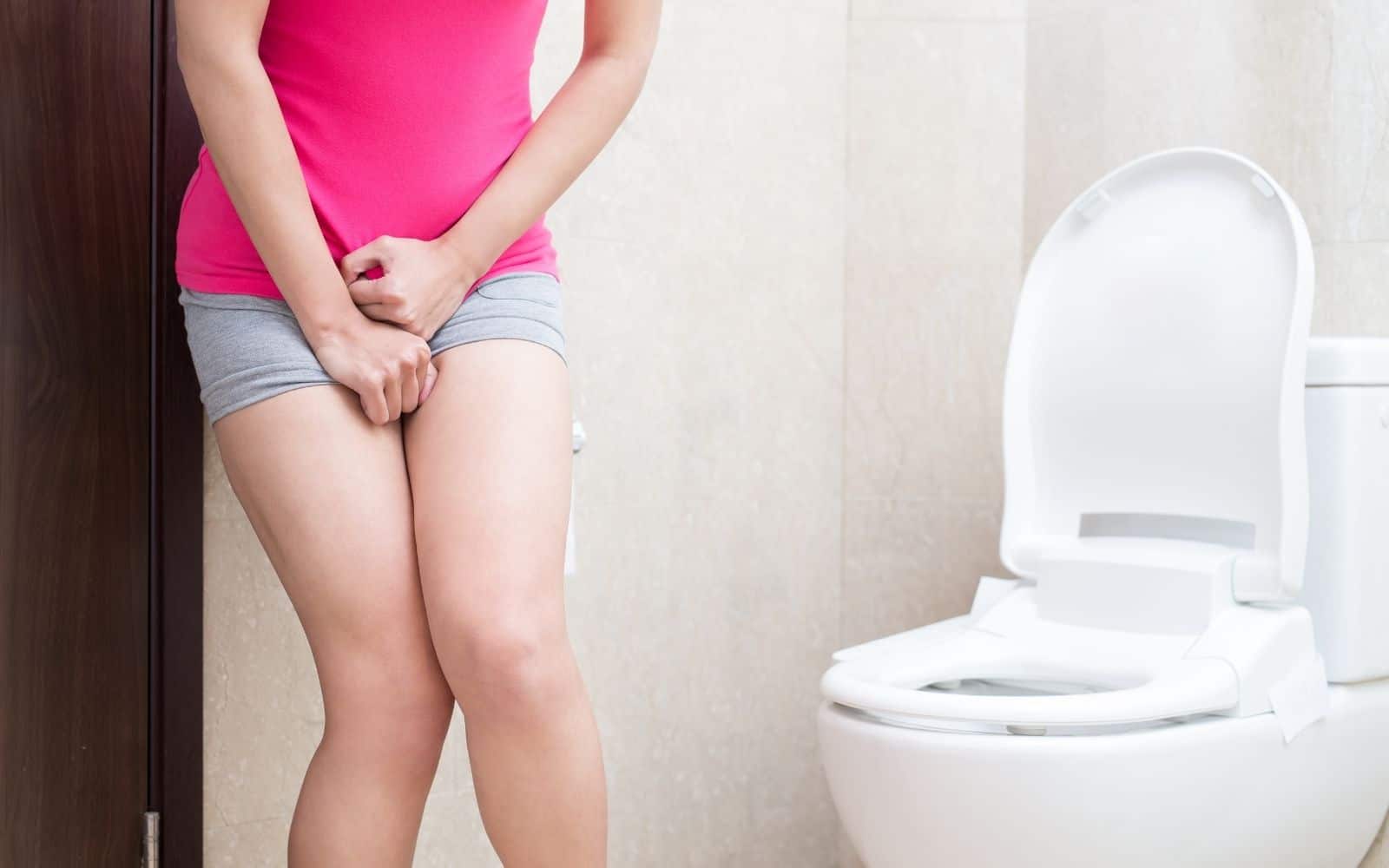
Disclosure: This post may contain affiliate links. If you click on a link we may make a small commission at no extra cost to you. You can read the full disclosure here
Tea is a beverage that is made from the dried leaves of the Camellia sinensis plant. It has been consumed for centuries for its medicinal properties and because it is both refreshing and satisfying. Tea contains antioxidants, which are beneficial compounds that help protect the body from damage caused by free radicals. It is also said to help boost your metabolism and promote weight loss. However, for some people, one of the side effects of drinking tea is that it can cause you to urinate more frequently.
Does drinking tea and coffee make you pee more?
Caffeinated drinks like coffee and tea can act as diuretics, causing the body to release more water in the form of urine. However, the extent to which caffeine consumption results in increased urination varies from individual to individual. Some people may find that they have to use the restroom more frequently after drinking tea or coffee, while others do not seem to be affected at all.
The diuretic effects of caffeine are well-documented so does it just follow that the amount of caffeine in the type of tea you consume directly affects how much someone pees or is there anything else to consider when you ask the question “why does drinking tea increase the need to pee“?
Why Do You Pee After Drinking Tea
Caffeine is a natural stimulant found in both tea and coffee. Evidence suggests that moderate amounts of caffeine can bring both benefits and drawbacks. It increases activity in your brain and nervous system and can help you stay focused and alert. It helps to increase wakefulness, energy levels, and concentration. Negative effects of caffeine include irritability, insomnia, headaches, restlessness, and for some people bladder issues.
As a diuretic, caffeine can result in an increased need for urination, especially when consumed in excessive amounts. This is because your caffeinated beverage causes the body to send signals to the pituitary gland that inhibits a hormone which in turn results in the kidneys not reabsorbing water – thus increasing micturition. This may affect overall hydration levels, especially when caffeine is consumed in high doses. However, research indicates that moderate caffeine intake does not appear to have a negative effect on hydration status.
Caffeine can also irritate the tissues lining the bladder which causes it to contract. This results in the bladder becoming overactive creating the sense of urgency that has you running for the restroom.
Remember, all fluids (this includes foods with high water content) can contribute to an increase in urine production. Having to urinate frequently after drinking more than usual might be annoying, but it’s a perfectly healthy response to consuming extra fluids.
Teas That Make You Pee The Most
As we’ve already established it tends to be the caffeine content of the tea you consume that is mainly responsible for more frequent bathroom trips, especially for those with a sensitive bladder where even small amounts of caffeine may contribute to this undesired effect. However, it’s worth noting that even some non-caffeinated herbal blends have elements in them that can increase urination. So let’s have a look at some possible culprits that may be causing you some issues.
Black Tea
Black tea is a type of tea that is made from Camellia sinensis leaves that have been fully oxidized. This process results in a dark-colored tea that contains higher levels of caffeine and produces a strong, earthy flavor. Black tea is the most popular type of tea in the world and is definitely a contender for increasing urine output.
Pu-erh Tea
Pu-erh tea is a variety of black tea that is made from fermented leaves of the Camellia sinensis plant which gives it a unique flavor and aroma. Pu-erh tea has a smooth earthy almost floral taste and its caffeine content is affected by numerous factors including the age of the leaves, the type of tea plant, and the strength of the brew – so plenty of potential for increased bathroom trips.
Matcha Tea
Matcha is a green tea that is made from the leaves of Camellia sinensis. The leaves are ground into a powder and then mixed with hot water. Matcha is unique because the entire leaf is consumed, rather than just the infusion. This means that you consume a concentrated dose of nutrients in the leaf, as well as the naturally occurring stimulant caffeine. Depending on how it is brewed Matcha probably boasts the highest caffeine content in tea and as a result, almost guarantees increased bathroom visits.
Dandelion
Dandelion tea (non-caffeinated) is a drink made from the dandelion plant, which is a wildflower that can be found in many parts of the world. It is said to be a natural diuretic, meaning it helps the body get rid of excess fluid. The dandelion plant has been used for centuries to make medicine, and the tea is said to be a great detoxifier and liver cleanser.
Nettle Tea
Nettle tea (non-caffeinated) is an infusion made from the leaves of the stinging nettle (Urtica dioica), a perennial herbaceous flowering plant. The tea has diuretic, anti-inflammatory, and detoxifying properties, and is used to treat a variety of conditions such as urinary tract infections, arthritis, and gout. The tea has a rich grassy flavor a little similar to green tea and is actually quite refreshing.
Other Factors That Can Influence How Much Your Tea Makes You Pee
The caffeine content of tea can be influenced by a number of factors, including the variety of tea plants used, the time of harvest, and the processing method. For example, black tea typically contains more caffeine than green tea, because the leaves are oxidized for a longer period of time. Similarly, young leaves contain more caffeine than older leaves. The level of caffeine can also be affected by the ratio of leaves to water, the brewing time, and water temperature.
What Are Some Other Causes Of Frequency Of Urination
Sometimes the urge to pee more often may not be due to the effects of your tea consumption. For example, as people age, their bladder muscles may weaken, which can also lead to more frequent urination. Here are a few other reasons you may want to consider if you are finding yourself needing to visit the restroom more frequently;
- You may simply be drinking more fluids than you actually need – For example, consider any reduction in your activity levels that may have affected your hydration requirements. Also, pay attention to what else you are drinking that may be irritating the bladder such as carbonated beverages or alcohol.
- Consider your dietary intake – For example, some acidic foods can increase urine output.
- You may have an overactive bladder, this is quite a common problem. Symptoms include urgency and frequency of micturition and even leakage of urine before you get to the bathroom. Another typical symptom is waking at night to visit the bathroom more than once.
- Urine infections can be a common cause of increased urine output but they are usually accompanied by other symptoms such as a burning sensation while peeing, fever, and low back pain.
- Stress can cause generalized muscle tension throughout the body that may also affect the bladder increasing the need to urinate. The stress response can affect the body in many different ways which can interfere with normal urinary function.
- Frequency of urination is a classic sign of undiagnosed or uncontrolled type 1 or type 2 diabetes. Again this is usually accompanied by additional symptoms such as increased thirst, weight loss, and fatigue.
In order to address the problem of increased urination you obviously need to first identify the cause. If by process of elimination you are unable to do this yourself then a visit to your health care provider will help you to determine if there is an underlying issue.
Conclusion
The main reason why drinking tea increases the need to pee is down to the amount of caffeine it contains. This is a natural response that the body has to the stimulant, and it is something that people should be aware of before they drink tea. Although the need to pee can be inconvenient, it is not a cause for concern and does not have any negative health effects. Anyone who drinks tea and is affected adversely should consider the type of tea they are drinking and how strong they like their brew. You may need to try a few different types before you find the one that works best for you.
What Type Of Tea Makes You Pee The Least?
How much tea makes you pee tends to be determined by its caffeine content. However, if you are particularly sensitive to caffeine any amount can increase the need to urinate. Even caffeine-free tea may have a very small amount of caffeine that can be enough to irritate an overactive bladder. Also, if you choose to opt for a herbal tisane be sure that you are not selecting one that is made from a natural diuretic.
What Can You Do If You’re Peeing A Lot After Drinking Tea?
There are a few things that you can do if you are peeing a lot after drinking tea. You can try to drink less tea, try drinking tea that has less caffeine in it, or consider giving decaffeinated tea a try. It is also important to note that the amount of caffeine that ends up in your cup is also down to the variety of tea plants, the temperature of the water you use, and the length of your brewing time. Limiting your caffeine consumption can help reduce the urge to urinate frequently.
Can Drinking Tea Cause Dehydration?
Many types of tea contain caffeine which is a diuretic compound. However, most research indicates that the levels of caffeine found in tea do not have a significant impact on hydration levels when consumed in moderate amounts.

